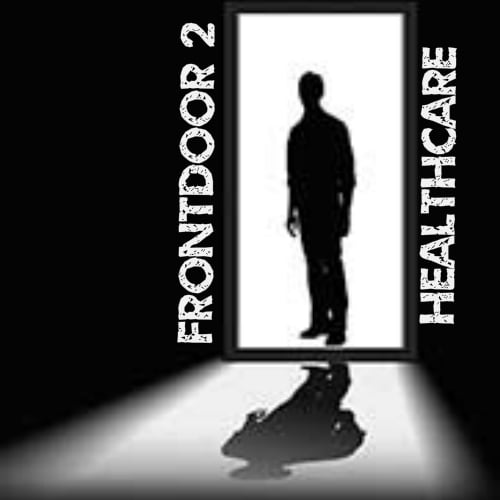Residency training in Canada is considered one of the most robust in the world. Medical knowledge and clinical skills introduced in medical school are put to the test in the real world, and refined over many years under the supervision of experienced staff physicians. However, traditional residency programs underemphasize many of the non-clinical aspects of medical practice.
In fact, a quick poll of residents within our own Royal College Emergency Medicine training program revealed that many had absolutely little/no idea of how our healthcare system is structured, why healthcare costs are rising, or how a hospital functions…yet many of these young doctors will someday be expected to take on leadership roles sometime in their careers.
The CanMEDS framework lays out specific core competencies expected of graduating physicians, with the majority of the 7 categories that would be directly enhanced from explicit training in non-clinical administrative and business skills. Unfortunately, many specialty training programs do not have any structured way of addressing such needs.
It is no surprise then, that the CanMEDS are being revamped with renewed emphasis for 2015. Interestingly, the role formerly titled “Manager” will soon be shifted to “Leader”; perhaps in recognition of our current system’s production of physicians who sorely lack formal training in healthcare system administration, change management, quality improvement, and other non-clinical competencies.
This year, for the first time in our institution’s history, we developed and implemented a novel Administration Block in our Royal College Emergency Medicine training program – in fact, we are just finishing up the 2-week dedicated block.
At the conclusion of this block, the first cohort of young doctors will emerge with a greater understanding (relative to any of their predecessors) of our healthcare system; of the financial realities and challenges our system faces; of how hospitals operate and the roles physicians play in that environment; of leadership theories and practical applications; of the new and budding field of quality improvement science; of change management principles in a healthcare setting; and of solutions to overcrowding, just to name a few.
To our knowledge, this is the first Canadian initiative to have an explicit curriculum based on published literature and subject expertise. Our experience and findings will be presented at this year’s CAEP conference in Ottawa (abstract accepted!).
In the meantime, over the following months on this blog you will see feature articles by graduates of this novel Admin Block, showcasing topics and opinions that are stimulated by the things they learned from this new program.
Stay tuned for some insightful posts from these future healthcare leaders.
Update: The formal results of implementing this novel program in medical education was presented at the annual Canadian Association of Emergency Physicians (CAEP) Conference 2014. Here’s the poster!



